Dealing with challenges of eldercare

Editor's note: Since the only children of families are finding it increasingly difficult to take care of their parents, some provincial-level governments have formulated a policy to grant employees "nursing leave" so that they can fulfill their filial duties. Four experts share their views with China Daily on how to better deal with the challenges of an aging society. Excerpts follow:
Uniform standard for regulations needed
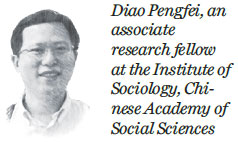
One of the consequences of China's one-child policy, which was implemented in the late 1970s, is that a couple, if both are the only child, may have to take care of four elderly parents. Some of those born in the 1980s and 1990s may even have to take care of up to six elderly people - their two parents and four grandparents - which, despite having the resources, they cannot do owing to pressure of work.
Now some local governments have formulated a policy to grant people "nursing leave" so they can fulfill their filial duties. For example, a regulation passed by Henan province says that if a person's parents older than 60 fall ill, the employer should grant him or her up to 20 days' paid leave per year to attend to his or her ailing parents.
And a Fujian provincial regulation says employers that do not grant their workers such a leave will be punished and barred from bidding for government projects, and denied market access as well as bank loans.
The problem is that there is no unified standard. The Henan regulation says people working in Henan are eligible for such a leave if their parents also live in the province, while a regulation in the Guangxi zhuang autonomous region states that anyone working in the region can apply for the leave. There is a need to have a uniform standard for the regulations, although it is a welcome change to see local authorities are trying to address the problems of an aging population.
Prioritize long-term care for the elderly
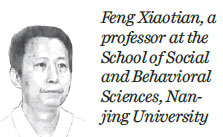
The "nursing leave" is more like "treating the symptoms, not the disease", which will help the elderly only when they fall ill and need medical care, without addressing the challenges of an aging society in their totality. How will people take care of their parents who are disabled or suffering from chronic diseases and thus require constant attention?
The families that rely on home-based care for senior citizens usually don't have the resources to guard against risks. Perhaps a more developed social structure, comprising local authorities, institutions and families, should be built to take better care of the elderly.
Injecting more funds to build nursing homes and special hospitals for the aged and increasing the capacities of the existing ones might be a better way of addressing the problem.
To effectively meet the aging society challenges, both long-term and short-term strategies are needed.
Some vital factors local govts should consider
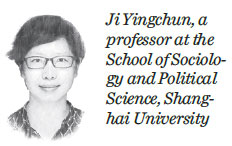
Why are only single children entitled to such a leave? Even people who have siblings are finding it difficult to strike the right balance between their careers and filial duties.
What if the people take "nursing leave" but do not take care of their ailing parents? In such cases, do their parents have the right to sue them for not fulfilling their filial responsibilities?
And since female employees already face discrimination in the job market because they are entitled to maternity leave, won't potential employers be more prejudiced against them during the recruitment process?
These are some of the important factors that local authorities have to consider, is working out a better regulation for the benefit of senior citizens.
Giving allowances a better choice
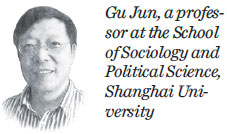
Parents always put in extra efforts to make life easy for our children. As for me, I do not care much about whether my children find enough time every year to attend to my needs. So instead of granting employees "nursing leave", the authorities should allocate extra money to them so that they have more options from which to choose for taking care of their parents. For example, if they cannot find time to personally attend to their parents, they could use the money to hire nurses who are trained to do the job more professionally and efficiently.
Besides, is it fair to ask employers to grant their workers "nursing leave" without the government compensating them?
Helping the elderly materially and spiritually is the shared responsibility of all members of society, and that is how all the challenges of an aging society can be effectively met.
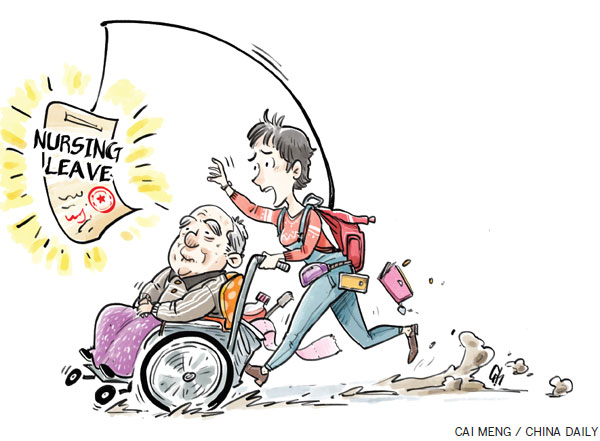
(China Daily Africa Weekly 08/18/2017 page11)
Today's Top News
- Australian PM's visit aims to boost cooperation amid global challenges
- China defends approach by military aircraft after Japan complaint
- Wang calls Rubio meeting constructive
- Tianzhou 9 cargo craft transported to launch site
- Gaokao not only way to be successful in life
- More policy options in H2 to spur growth






























